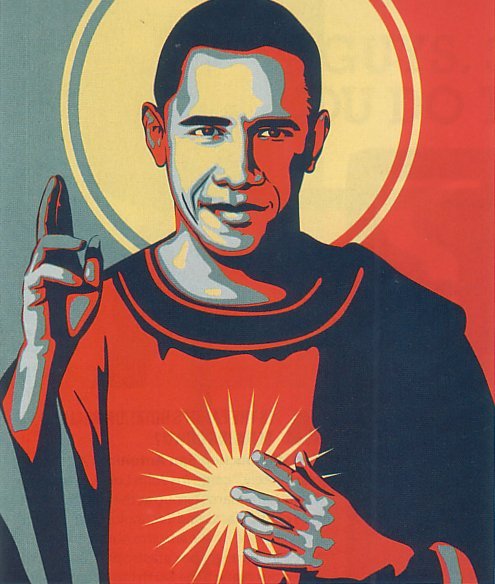Paul Johnson is one of my favorite historians. In his already classic A History of the American People, he singles out the Woodrow Wilson administration as “one of the great watersheds of American history.” What does he mean by that?

Watershed Man?
Americans prior to the Wilson era, Johnson explains, “enjoyed a laissez-faire society which was by no means unrestrained but whose limitations to their economic freedom were imposed by their belief in a God-ordained moral code rather than a government one devised by man.”
In other words, although Americans were free to do as they wished, they always understood there were limits placed on that freedom by God. Generally speaking, they either stayed within those limits or were punished for violating them.
The Wilson era replaced that mode of thinking—normally called self-government—with a code created by man and instituted via civil government.
Typical of the earlier approach is this gem found in a speech by President John Adams:
We have no government armed with power capable of contending with human passions unbridled by morality and religion. Avarice, ambition, revenge . . . would break the strongest cords of our Constitution as a whale goes through a net. Our Constitution was made only for a moral and religious people. It is wholly inadequate for the government of any other.

John Adams Understood Self-government
Adams realized that the American government was not a heavy-handed, coercive institution. It would only work if the people maintained a moral and religious foundation in their thinking and lifestyle. If they were to discard that foundation, the Constitution and the government it established would collapse.
This brings us back to Paul Johnson, who declares that we reached that tipping point during the progressivism of the Wilson years. There was an interruption: the 1920s, particularly under President Coolidge, reverted back to founding principles, but the Great Depression ended all that. FDR’s New Deal took Wilson’s ideas and made them reality. Government now became the arbiter of right and wrong; man’s code overruled God’s.
Alexis de Tocqueville, the French observer of America during the early 1830s, published his Democracy in America in 1835. In it, he made a number of comments about the Christian religion in America, marveling that religion could actually be combined with limited government. That was not the way of Europe where a state-sponsored church was the norm.

He expressed a concern, though, for America’s future. Could this liberty he perceived ever be undermined? If so, here’s how he predicted it would happen. Speaking of civil government, he warned,
Above this race of men stands an immense and tutelary power, which takes upon itself alone to secure their gratifications, and to watch over their fate. That power is absolute, minute, regular, provident, and mild. It would be like the authority of a parent, if, like that authority, its object was to prepare men for manhood; but it seeks, on the contrary, to keep them in perpetual childhood. . . . For their happiness such a government willingly labors, but it chooses to be the sole agent and the only arbiter of that happiness; it provides for their security, foresees and supplies their necessities, facilitates their pleasures, manages their principal concerns, directs their industry, regulates the descent of property and subdivides their inheritances: what remains but to spare them all the care of thinking and all the troubles of living?
Does this sound familiar? The government declares that it knows best, it will take care of all our problems, and we should cease worrying. Trust us, it says, and most of all, please stop thinking so much: we are the experts who can do your thinking for you.
Note that Tocqueville called this govenment “mild.” That is the image it projects—no Hitlers, Stalins, or Maos here—just caring lawmakers and bureaucrats. I love that Tocqueville quote, particularly the last line about not having to think and live life yourself—the government will do both for you. Yet he was not done. He continues with this pearl respecting how the government gets its way:
The will of man is not shattered, but softened, bent, and guided; men are seldom forced by it to act, but they are constantly restrained from acting: such a power does not destroy, but it prevents existence; it does not tyrannize, but it compresses, enervates, extinguishes, and stupefies a people, till each nation is reduced to nothing better than a flock of timid and industrious animals, of which the government is the shepherd.
Is it possible that we are now experiencing Tocqueville’s prophecy? Johnson is correct, I believe, in identifying the Wilson years as a watershed. Is it possible that another watershed can be created, and that the water can begin to run back again the other direction? Frankly, that is our only hope.
COMMENTS
Please let us know if you're having issues with commenting.